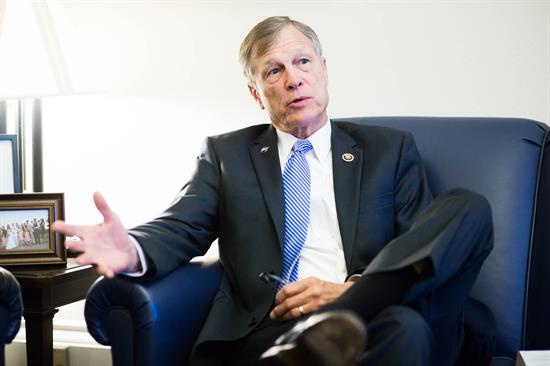Babin Introduces Bill to Enhance Safety and Protection of Members of Congress
Washington,
June 20, 2017
Tags:
Second Amendment
Washington, DC – U.S. Rep. Brian Babin (TX-36) today filed legislation to grant properly trained and certified Members of Congress the ability to conceal carry a personal firearm wherever their duties take them. This would complement concealed carry reciprocity legislation that Rep. Babin has cosponsored to enable licensed concealed carry permit holders in one state to carry in another state, including the District of Columbia. “The tragic events of last week make it clearer than ever that we need to take steps to enable Members of Congress to protect themselves,” said Rep. Babin. “We also know that an even greater tragedy was averted only because of the brave actions by two armed Capitol Police special agents who happened, mercifully, to be on site. My bill would ensure rank and file Members of Congress have the opportunity to defend themselves by providing them the ability to concealed carry in nearly every scenario with only a few restrictions. With the increase in security threats to Members of Congress and our staffs, this is an important and necessary step that we must take.” This bill would:
|

